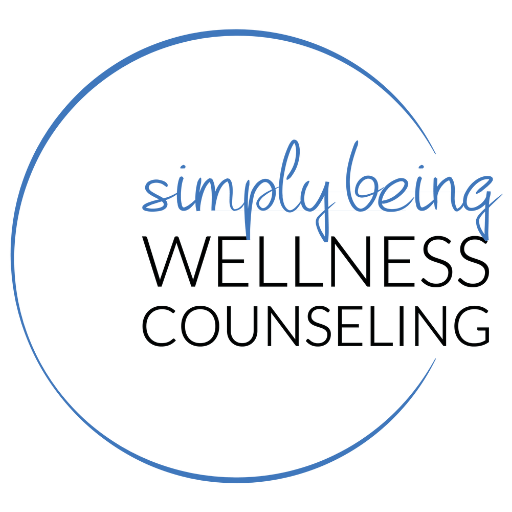Experiencing Imposter Syndrome? Here's How You Can Successfully Recover
The irony about imposter syndrome is that it is most commonly experienced by professionals in their field. That’s right— individuals who are qualified, experienced, and have knowledge in their field can often experience imposter syndrome. Believing that they’re a fraud, underqualified, they got lucky, they need more experience and consistently questioning themselves. These individuals can continue to seek more skills, education, and experience because they discount their talents and skills.
Often times they can compare themselves to the image of what they believe a professional in their field would look like who has 30+ years of experience. However, no matter how many years pass and how much experience they retain under their belt they continue to feel like it is not enough.
So what is occurring here?
Imposter syndrome can have roots in poor self-esteem, negative self-talk, and perfectionism.
Perfectionism is a beast of its own and often times a difficult battle. If we are always striving to be perfect, how do we know we’ve gotten there? When does one decide they are perfect? Or their work will be perfect? What and who is to objectively decide perfection? Is there a grade book? In the real world often times there isn’t. There are standards, requirements, and goals to be met. However, perfectionism is in the eye of the beholder. Perfectionism can halt you from beginning to do your work because you can start to procrastinate and experience avoidance. Therefore, individuals suffering from imposter syndrome can feel that if they’re not perfect or if their work is not perfect, then they have fallen short.
Negative self-talk is the narrative that we feed ourselves which can lead to poor self-esteem. The thoughts we choose not to question or challenge such as, “I’m not good enough,” “I’m not smart enough," “I don’t know what I’m doing”. I’m here to tell you, that you do know what you are doing. However, this core belief that is ingrained is tricky. When we accept that we don’t know what we are doing we are less likely to highlight what we are doing. Recognizing the tools, skills, and abilities that help us function in our day-to-day roles.
Suffering from imposter syndrome you are less likely to highlight your accomplishments. Being a beginner in your field or less experienced does not equate to fraud. Making a mistake could be your biggest fear because it can solidify your belief that you are an imposter. However, it is important to recognize that one mistake does not invalidate your experiences and abilities. Beginning to shift how we perceive our mistakes or shortcomings as not negatives but necessary experiences to be able to continue to learn and grow is crucial.
Grab a pen and paper and try this activity
Identify three negative thoughts you regular experience.
1.
2.
3.
What do these thoughts reveal about your beliefs? Do you see any patterns or connections?
1.
2.
3.
As you have finished writing these down take a moment to reflect and dissect. Are these thoughts true? Are these beliefs true? Begin to challenge yourself. Choose to see yourself differently, choose to think differently, choose to believe differently. This is the work and it is not easy. We often do not challenge ourselves or love the parts of ourselves that need to be nurtured. If it were easy so many of us would not struggle! However, this again is the first step.
There can be many unique challenges that you have faced that have made you more susceptible to experiencing imposter syndrome. If you find yourself struggling or if you need more support, schedule a call with us today 860-404-6330.

